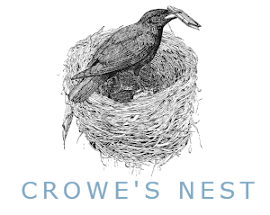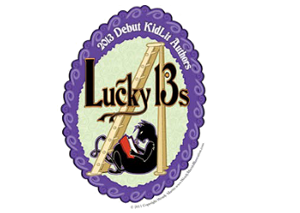In general, there are two things you need to have your readers root for your main character, regardless of the age group you write for. The first is sympathy. The second we'll get to in just a minute.
If your main character is sympathetic to the reader, they'll invest in them. If the main character
isn’t sympathetic to the reader, then it really doesn't matter how unbelievably awesome your plot is or how interesting/unique/rich your setting is, because then the reader really couldn’t care less if bad things happened to your main character. So making a sympathetic character is
hugely important.
Ways to make a sympathetic character:
- Make them good at something. (Even if it’s just something like making them be extra loyal. Make the reader wish they were them, if only so they can be good at that, too)
- Give them friends. (When they have friends, the friends can say how awesome they are. When a friend says they’re awesome, the reader believes it.)
- Make them rational. (Readers don’t want the main characters to be stupid. Occassionally, they can make stupid decisions based on their flaws, but usually not before the reader is invested in them, and not the bulk of the time.)
- Make the conflict personal to the main character. (Example: When my daughter was nine, she wrote a story about a girl whose parents had died and she had to go live in an orphanage. One day when she was alone at the orphanage, she answered a knock at the door. It was a pack of zombies, and a fight for her life ensued. As she was trying to escape the clutches of two of them, she realized that the zombies were her parents. Wondering if she had some kind of unresolved issues with me, I asked her why she made the choice to make the zombies be the girl’s parents. Her answer: "Because then it matters more to the girl. It’s not nearly so personal if it was just random zombies that she’d have no problem fighting." And she was so right. If it’s a story about a mean teacher, she just can’t be mean to some kids in the class-- she needs to be mean to the main character. It has to be personal to them.)
- Make them proactive. (Not reactive. They need to make choices-- not just wait for others to make the decisions.)
- Put them in jeopardy. (This seems logical, but it’s easy to miss when you’re in the middle of conflict. You can easily have everyone else / the plan be in danger, without your main character being in jeopardy themselves. Make sure they are.)
- Make them have hardships, unfairness, and make sacrifices.
- Make them love others and/or be loved. (This kind of goes along with giving them a friend--make them be a friend.
- Make them active, interesting, vulnerable, have things to lose, be in danger, be the underdog.
We like characters because we want to be like them
or because we are like them.
To make the most sympathetic character, find a balance between
superhuman characteristics and everyday characteristics.
But don’t stop once you have sympathetic characters!
Rooting is more than just sympathy. Your characters can’t just be likeable and have hardships and danger. The second thing they need is to
have a chance at winning.
Like in the TV show Phineas and Ferb. We like Candace— she’s a sympathetic character— but we aren’t rooting for her, because
she doesn’t have a chance at winning. (Even though she did succeed in catching her brothers in that one episode, she definitely didn't win in the end.)(And of course, she's NOT the main character, so it's good we're not rooting for her more than the titular characters. For secondary characters, it's good they doesn't have a chance at winning on their own.) It's important to have your readers root for your
main character, so it's important to give them a chance at winning. Make sense?
Characters are cool because of their strengths.
They are interesting because of their weaknesses.
The best characters have flaws (they make wrong choices because of themselves) and handicaps (something that limits, but not their fault), both which allow growth. Plant a lot, so you can continue to have them work on them if it becomes a series. There's not much more difficult than having their flaws overcome in the first book, then having nowhere to go for subsequent books.
And possibly most important:
Have your characters fail spectacularly, but not stupidly.
You want the reader to still respect the character. To feel like they’re still smart, even after things go massively wrong. And yeah. We pretty much want things to go massively wrong. :)
Next week:
A few random MG tips.











































